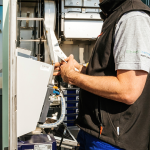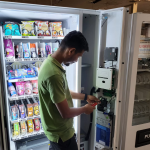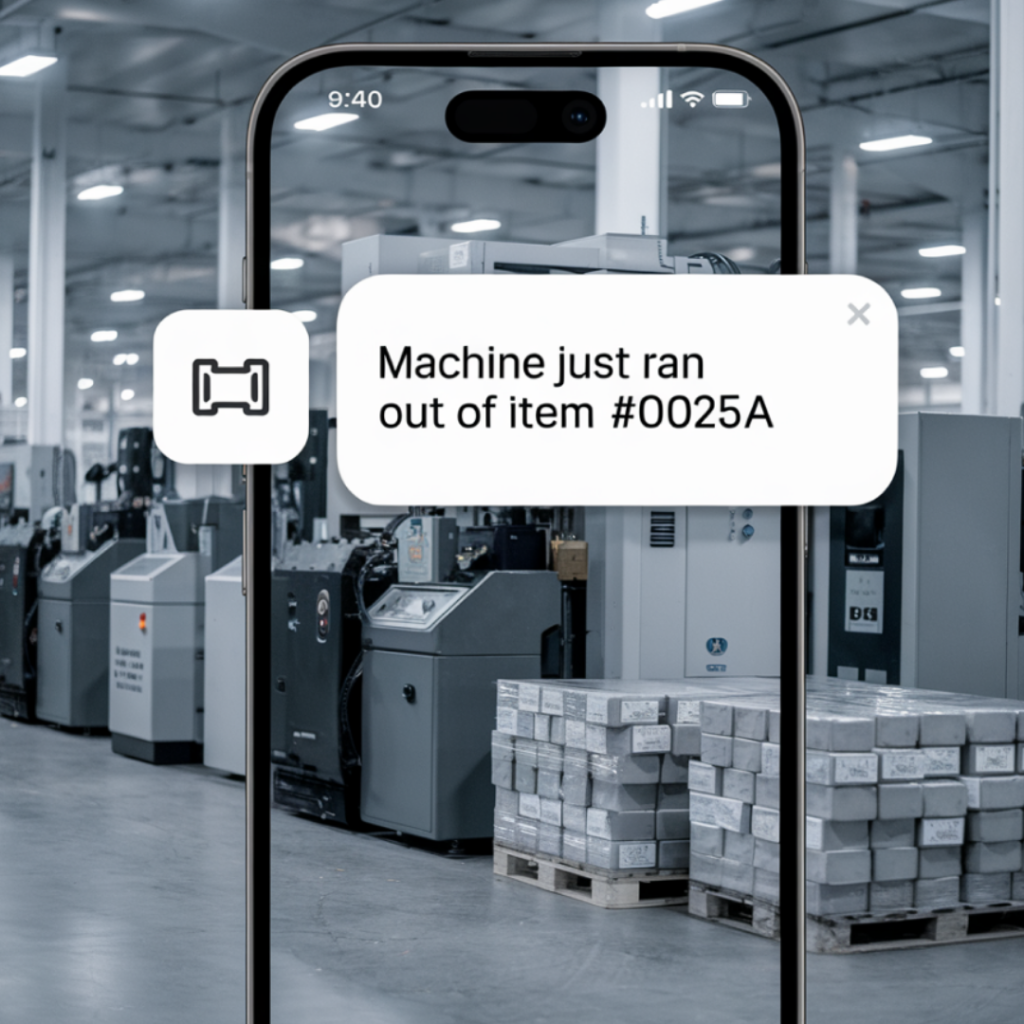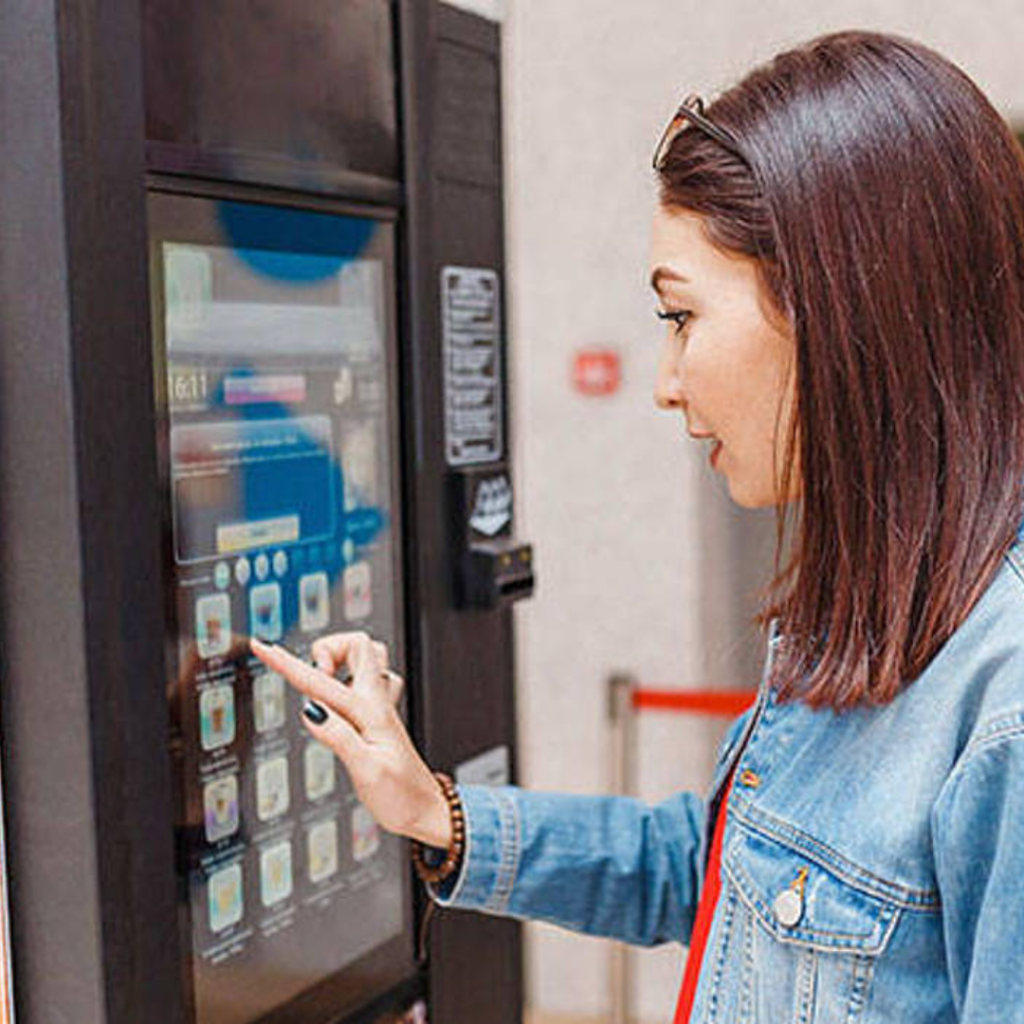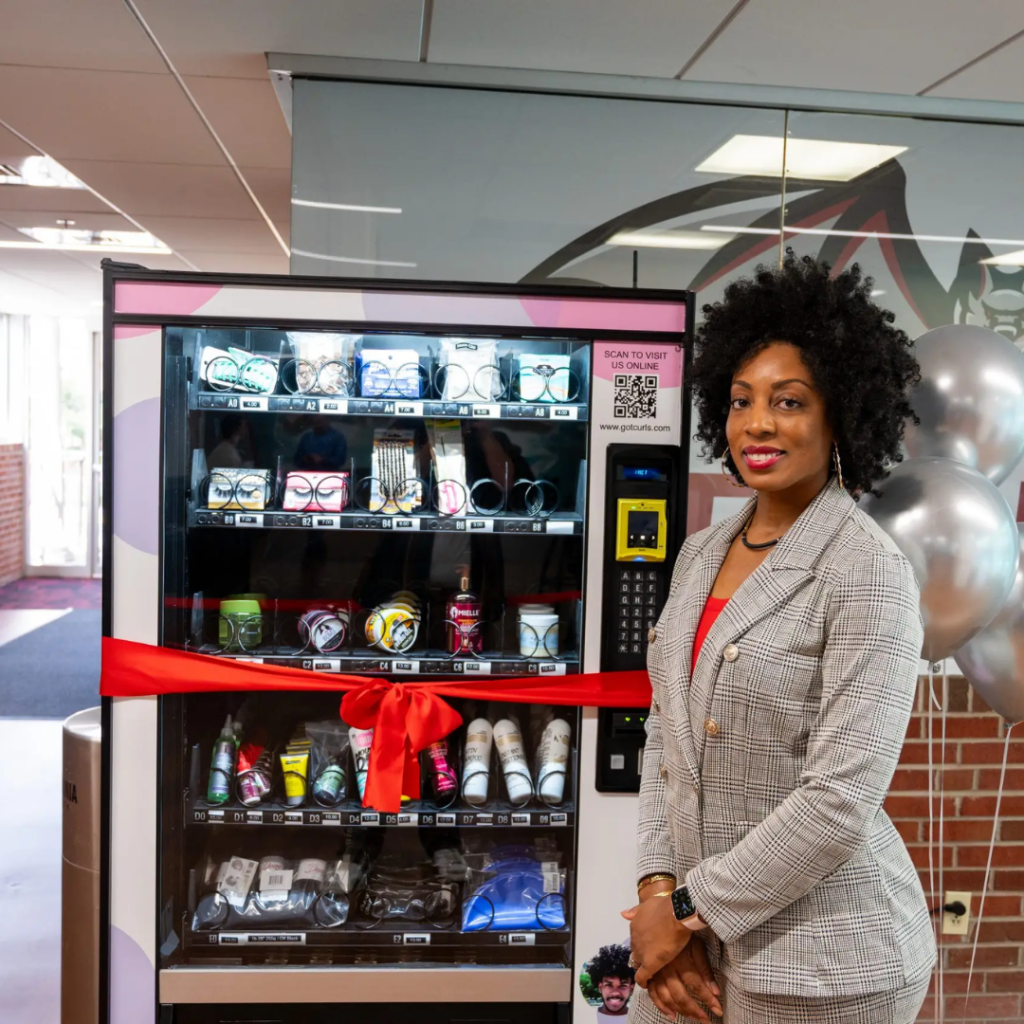Tax Savvy: Understanding Vending Machine Business Tax Implications
The vending machine business, a dynamic and often lucrative venture, comes with its unique set of tax implications. Whether you are a new entrepreneur in this field or looking to fine-tune your existing business’s financial strategies, understanding the tax landscape is crucial. This guide delves into the specific tax considerations relevant to vending machine operators. From unraveling the complexities of deductions and sales tax reporting to the nuances of working with professional accountants, we aim to provide valuable insights that will empower vending machine business owners to navigate their tax obligations confidently and efficiently.
The Structure and Taxation of Vending Machine Businesses
Choosing the Right Business Structure
The choice of business structure for a vending machine operation significantly influences its tax obligations. If you operate as a sole proprietor, you’ll report your business income and expenses on your personal tax return, which simplifies the process but might expose you to higher personal liability. Alternatively, forming a Limited Liability Company (LLC) can provide greater protection and potentially more favorable tax treatment. For larger operations, you might benefit from considering a C-Corporation or S-Corporation structure, as these entities receive separate taxation from the owners, albeit with more complex tax filing requirements.
Federal Income Tax Considerations
All businesses, including vending machine operations, are subject to federal income tax. It’s essential to understand how your business structure affects your tax rate. Sole proprietors and LLCs are typically taxed at the individual owner’s tax rate, while corporations are taxed at the corporate rate. Keeping abreast of the current tax brackets, understanding how reinvesting profits back into the business can affect your tax liability, and knowing the implications of various deductions are all critical for efficient tax planning.
Self-Employment Tax Responsibilities
For sole proprietors and LLC members, paying self-employment tax is a key consideration. This tax covers your contributions to Social Security and Medicare. Calculating this tax involves taking your net business income and multiplying it by the current self-employment tax rate. While this may increase your tax burden, the upside is that half of your self-employment tax can be deducted from your gross income, potentially lowering your overall tax liability.
Navigating Sales Tax in the Vending Machine Industry
Understanding Sales Tax Nexus
A pivotal aspect of vending machine business taxation is understanding and managing sales tax. The concept of ‘nexus’ plays a crucial role here. Nexus refers to the sufficient physical presence in a state which obligates you to collect and remit sales tax. This presence can be established through having vending machines in a particular state. As sales tax laws and nexus rules vary across states, it’s vital to be aware of the specific requirements in each state where your machines are located to ensure compliance.
Calculating Sales Tax on Vending Items
Determining the correct amount of sales tax to apply to the items sold in your vending machines can be challenging. Sales tax rates differ not just by state, but sometimes even by city or county. Additionally, certain products, like food and beverages, may be taxed differently. For instance, some states have lower tax rates for essential items like water and milk. It’s crucial to use accurate and up-to-date tax tables and consider investing in sales tax software or consulting with a tax professional to ensure you’re charging the correct amount.
Sales Tax Reporting and Remittance
After determining the correct sales tax rate, vending machine business owners must regularly report and remit these taxes to the respective state authorities. Furthermore, this process typically involves periodic filings, often monthly or quarterly, where you report all sales and the sales tax collected. Consequently, late filings or underpayments can lead to penalties and interest charges. Therefore, it is essential to have a reliable system in place for tracking sales and ensuring timely tax payments. Additionally, utilizing accounting software that integrates sales data can streamline this process, further reducing the likelihood of errors and alleviating the administrative burden of tax compliance.
Maximizing Deductions for Vending Machine Businesses
Common Deductible Expenses
One of the critical areas where vending machine operators can optimize their tax situation is through deductions. Common deductible business expenses include the cost of purchasing vending machines and inventory, vehicle expenses for servicing the machines, rent for storage space, and utilities. Additionally, expenses related to maintaining and repairing your vending machines are also typically deductible.
Depreciation of Vending Machines
Vending machines are a significant capital investment and are considered depreciable assets. This means you can deduct a portion of their cost over several years, which can significantly reduce your taxable income. Understanding the nuances of depreciation, such as the difference between straight-line and accelerated depreciation methods, and choosing the one that best aligns with your financial strategy, is important.
Special Tax Credits and Incentives
Vending machine operators should also be aware of any available tax credits or incentives that can reduce their tax burden. These might include credits for energy-efficient machines or incentives for operating in certain areas. Staying informed about such opportunities and how to qualify for them can result in substantial tax savings.
Sales Tax Reporting and Compliance
Accurate Record-Keeping for Sales Tax
Accurate record-keeping is not just a good business practice but a necessity for tax compliance. Maintaining detailed records of all sales, including dates, amounts, and locations, is essential for accurate sales tax reporting. This information not only supports your tax filings but also provides valuable data for analyzing the performance of your vending machines.
Utilizing Technology for Tax Compliance
Leveraging technology can significantly ease the burden of tax compliance. There are numerous software solutions available that can automate the process of calculating, collecting, and remitting sales tax. These tools can integrate with your sales systems, ensuring that the correct tax rates are applied and that all necessary data is captured for reporting purposes.
Navigating Audits and Tax Disputes
Vending machine operators should be prepared for the possibility of a tax audit. An audit can be triggered by inconsistencies in your tax filings or random selection. To navigate an audit successfully, ensure that all your tax filings are accurate and that you have all necessary documentation to support your claims. In case of disputes or questions about your tax obligations, consulting with a tax professional can provide clarity and guidance.
Collaborating with Tax Professionals
The Role of Accountants and Tax Advisors
While understanding the basics of tax compliance is essential for every vending machine business owner, working with a qualified accountant or tax advisor can bring invaluable expertise. These professionals can help you navigate complex tax laws, identify tax-saving opportunities, and ensure that your business is compliant with all tax obligations.
Tax Planning Strategies
Effective tax planning is about more than just compliance; it’s about strategically managing your tax obligations to optimize your financial performance. A skilled tax professional can assist in developing tax planning strategies that align with your business goals. This could involve timing income and expenses to minimize tax liability, taking advantage of tax credits and deductions, and planning for major purchases or expansions.
Ongoing Tax Support and Consultation
Having ongoing support from a tax professional can be particularly beneficial in the ever-changing landscape of tax laws and regulations. Regular consultations can help you stay informed about new tax developments that might affect your business and assist in making informed decisions that support the growth and sustainability of your vending machine operation.
Conclusion
For vending machine business owners, understanding and effectively managing tax obligations is a key component of financial success. Moreover, from navigating sales tax complexities to maximizing deductions and working with tax professionals, there are numerous considerations that can significantly impact your tax liability. Additionally, by staying informed and proactive in your tax planning, you can ensure compliance, optimize your tax position, and focus on what you do best – running a successful vending machine business. Furthermore, this guide serves as a starting point; however, always consider seeking personalized advice from a tax professional to address the specific needs of your vending machine venture.





